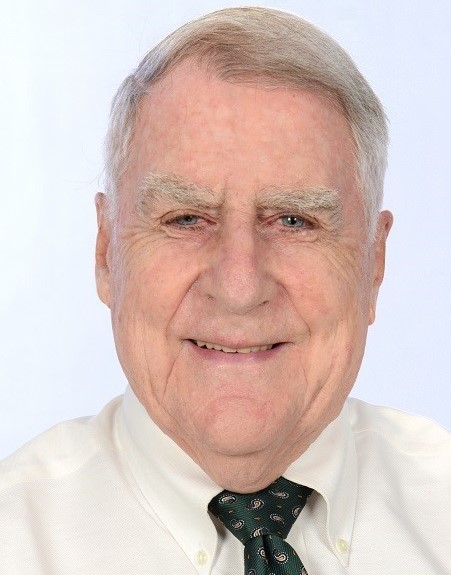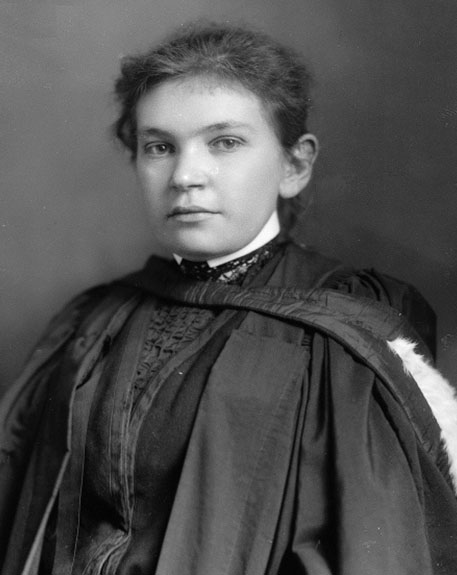2010 INDUCTEE Alan C. Burton, PhD Health and Medical Education & Training, The Early Days - Health Care Pioneers
April 18, 1904
(London, England)
June 27, 1979
PhD, University of Toronto (1932)
1974: Honorary DSc, University of Western Ontario
1972: Honorary LLD, Brock University
See All AwardsAwards & Honours:
1974: Honorary DSc, University of Western Ontario
1972: Honorary LLD, Brock University
1964: Honorary LLD, University of Alberta
1961: Gairdner Foundation Award for Cardiovascular Research
Member of the Order of the British Empire
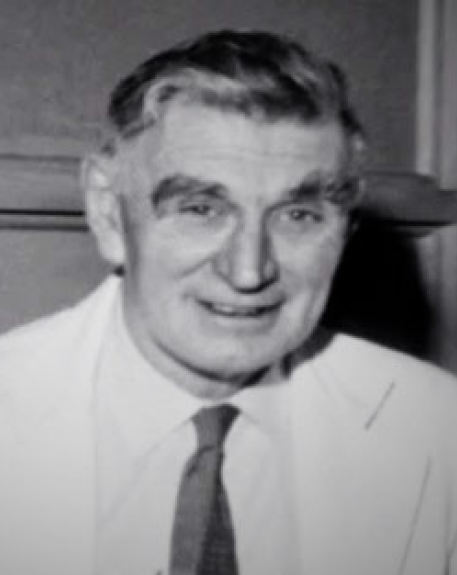
Pioneered interdisciplinary health research
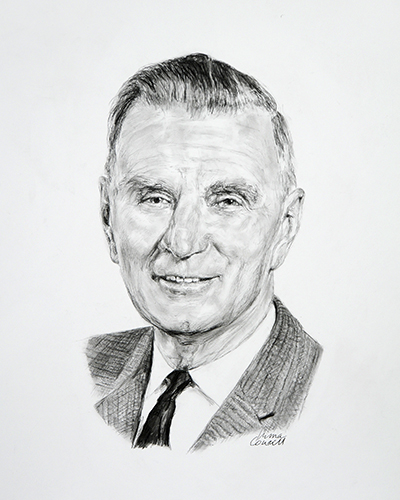
A founding father of modern biophysics
One of the first physicists to become a biophysicist at a time when biophysics was not in vogue, Dr. Burton is perhaps appreciated most for his uncanny ability to crystallize physical concepts in medicine and make learning relevant, exciting and most of all, fun. Much of his teaching occurred at “coffee time” twice a day; he encouraged his students to keep a notebook of “Nobel Prizes Pending”; and his books included intriguing poems such as “Ode to a red cell”. Dr. Burton was a brilliant scientist and a superb raconteur who had a profound and lasting effect on those he encountered.
Key Facts
Completed his PhD on the heating of electrolytes by microwaves (a topic of great medical interest at the time)
Established the first biophysics department in a Canadian medical school at the University of Western Ontario
Authored over 160 scientific papers as well as numerous texts, monographs, and reviews
Served as President of the American Physiological Society, the Canadian Physiological Society and the Biophysical Society
Professional timeline
Impact on lives today
A brilliant scientist and a risk taker, Dr. Burton’s impact can be felt by all biophysicists in Canada. In challenging the perceived silos of mathematics, physics, and biology, he helped establish a new field of study that has greatly expanded understanding about the functions of the human body. Preferring the “adventure of new direction,” his legacy also lives on in his students who he inspired to follow his example and explore the possibilities of innovation.
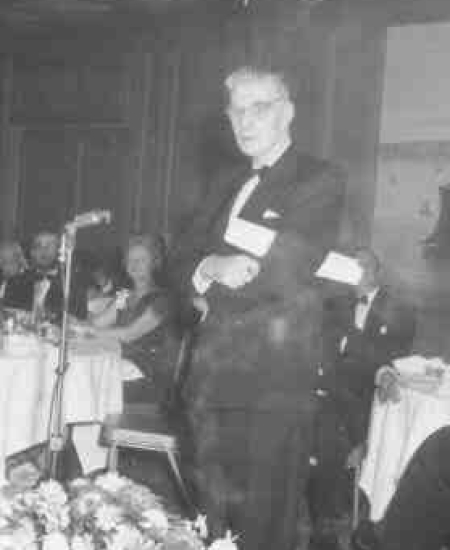
2010
-
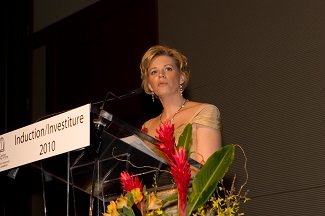
Alan C. Burton posthumously inducted into the Canadian Medical Hall of Fame
Represented by Janet-Lynn Morrison | Calgary, Alberta
-

Following his retirement from the University of Western Ontario
The Schulich School of Medicine & Dentistry named their CFI-funded biophysics laboratory the Alan C. Burton Laboratory for Vascular Research in his honour.
-

"Man is a Cold Environment" was published
In the book, Dr. Burton examined the physiological and pathological effects of exposure to low temperatures.
-
Turned his energies towards the problem of cancer, including protection against cancer by altitude
Public Health, Health Promotion & Advocacy, CancerOnce again, he showed how simple physics can help to more clearly understand medical problems.
-

Dr. Burton was recruited to the University of Western Ontario
The Early Days - Health Care Pioneers, Leadership in Organizational Development, Health and Medical Education & TrainingWithin three years, he founded and led the first Department of Biophysics in a Canadian medical school. He repeatedly turned down numerous positions in the US and “his department” is now one of Canada’s largest biophysics departments.
-
Returned to Canada for war work in aviation medicine and on protective clothing at the National Research Council
This work formed the underpinning of the discipline of environment physiology.
-
After completing his PhD, he pursued postdoctoral studies in physiological sciences and biophysics
He explodes energy exchange in human at the University of Rochester Medical School and worked on peripheral circulation and regulation of human body temperatures at the University of Pennsylvania.
-
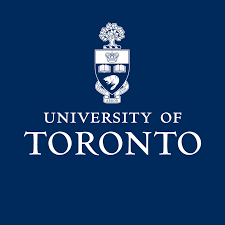
At the age of 23, he became a graduate student at the University of Toronto, graduating with a PhD in physics in 1932
-
Began his career as a high school physics teacher and later immigrated to Canada to pursue further education
1932
He reveled in the notion of discovery.

